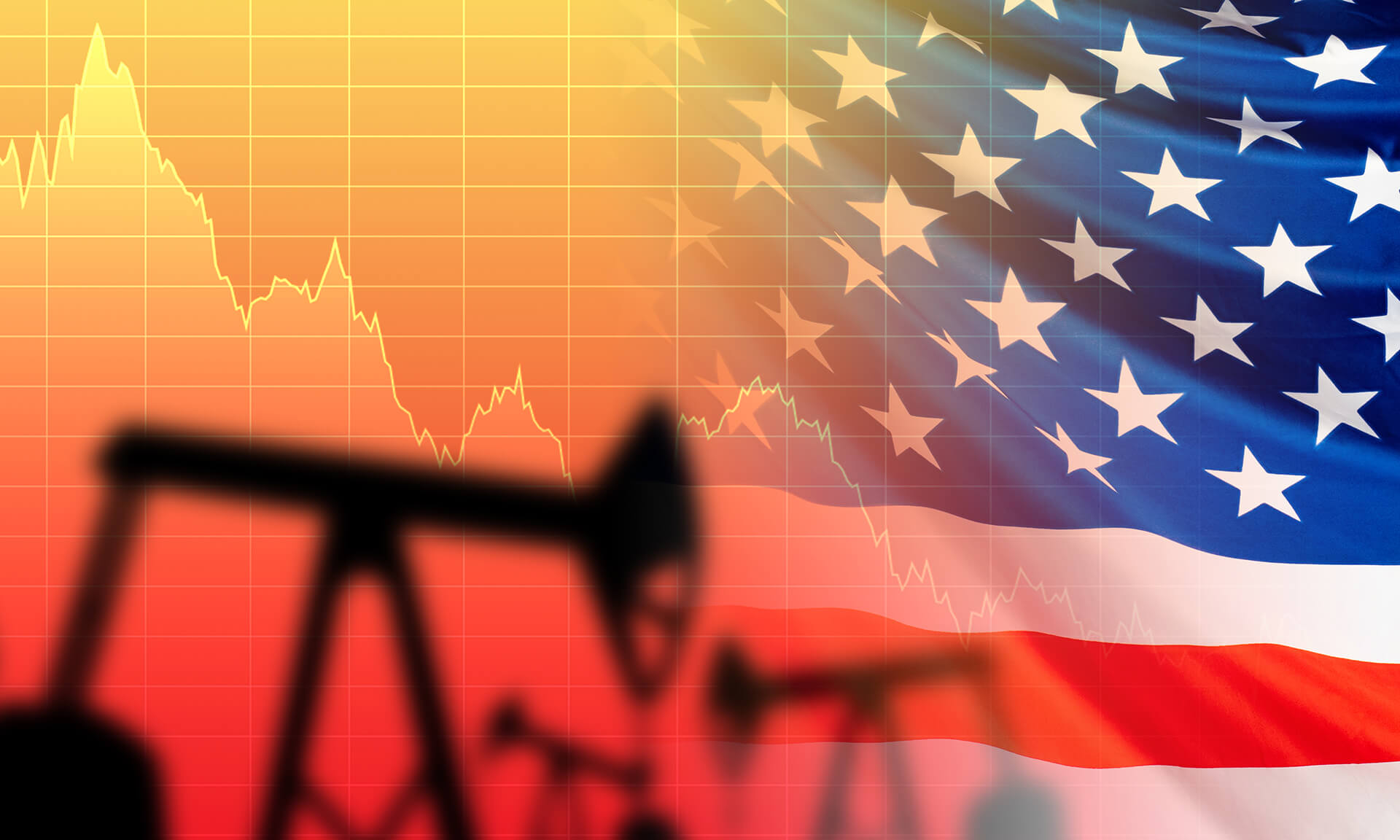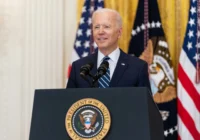US President Biden’s earlier condemnation of Crown Prince Mohammad bin Salman and Saudi Arabia, following the beheading of Washington Post columnist Jamal Khashoggi, resonated globally, with his denigration of the nation as a “pariah.” Biden added, “there was very little redeeming social value in the present government of Saudi Arabia.”
Then-presidential candidate Biden’s comment undermined the near century-long relationship of deeply interwoven national interests between America and Saudi Arabia. This has ramifications that include the history of the mass murder on 9/11 and the slaughter of Khashoggi, who had at one time been editor of the Saudi newspaper, Al Watan, as well as being longtime advisor to Saudi Intelligence chief Prince Turki Al-Faisal.
Neither an American President nor a Saudi Prince can escape these harsh realities.
Saudi Arabia’s proven oil reserves run deep, as it is home to the world’s largest oil field, and the country clearly holds primacy in the oil and gas basin. With 298 billion barrels of proven oil reserves, according to 2019 estimates, only Venezuela edges ahead of Saudi Arabia at 302 billion barrels.
US reserves stand at 69 billion barrels, in the top 10 nations worldwide, but as the most prolific consumer at almost 17.2 million barrels per day, or 20% of the world’s supply, as revealed by US Energy Information data, US supplies may diminish before those of Saudi Arabia.
This is a key factor in the US-led drive to pursue renewable energy that will perhaps liberate the United States from dependence on hydrocarbons, exacerbated by the high cost of gasoline. Exorbitant prices at the pump are influenced by the pandemic, the war in Ukraine and the trend of price volatility since April 2020.
Balancing Biden’s diplomatic rhetoric
Instead of a sweeping rebuke, perhaps an acknowledgement of the heinous crime without the excoriation of the US’ most valuable ally in the Muslim-majority world, would have been more astute. This is a region where memories are measured by the reigns of monarchs and time dates back to the Hijra, the Prophet Mohammed’s divinely ordained decampment from Mecca, in the year 622 of the modern era.
Middle East’s rulers and officials will trace Biden’s legacy back to President Barack Obama’s policies, which further divided a Muslim world already wrenched apart by the global war on terror. Obama’s presidency in this region is defined for many by a US stance that empowered Islamists over Muslims and favored cultivating the mothership of Islamism, the Muslim Brotherhood in Egypt, under former Egyptian President Mohamed Morsi.
Many in the region also say the era also empowered the AKP Islamists founded by Turkey’s President Recep Tayyip Erdoğan at the expense of the persecuted Kurds. Some report these US policies also emboldened Shia Islamist Iran during their colonization and proxy wars in Iraq, Syria, Libya and Yemen’s internecine civil war.
Yet despite being embroiled in Yemen in the South and being flanked by a deeply conflicted Iraq and failed Syrian state, Saudi Arabia is demonstrating a certain facility at playing the long game.
On the threshold of Biden’s visit, Saudi Arabia’s allies are now confronting a nuclear power in Iran that has enriched sufficient uranium to be weaponized. Iran recently disconnected 27 monitoring camera-feeds to the international atomic energy agency.
In Northern Tehran at the Saadabad Palace, President of Iran Sayyid Ebrahim Raisolsadati and Venezuela President Nicolas Maduro of Venezuela signed a 20-year cooperation deal to rebuild Venezuela‘s refining capabilities. This will enable Iranian engineers to help process Venezuela‘s crude oil in exchange for Iranian condensates to make Venezuela‘s oil more attractive on the global market.
Also in the region, Israel is reportedly escalating its own aggressive activities aimed at defanging nuclear Iran while forming security alliances not only with the Abraham Accords’ nations but also with Saudi Arabia.
Biden states that he is attending the summit in Saudi Arabia to solidify US national security in the region and beyond. But the region, including the two custodians of the world’s oldest Abrahamic religion and its youngest – Israel and Saudi Arabia – are no longer heeding US intentions. They are reportedly following their own regional security concerns and increasingly shared foreign policies.
Saudi Arabia is complicated and critical for the US
In the last 20 years since leaving Saudi Arabia where I practiced medicine and performed the Hajj, there has been an undeniable expansion of both the voice and rights for men and women.
Since 2013, the Majlis al-Shura Consultative Council (a legislative consultancy in existence since 1926) has instituted, by law, a mandatory 20% quota for women representatives. Saudi Arabia has become more porous to the international world as both its intellectual liberals and its orthodox clerics enjoy expanded accessibility by the Saudi public. This is posing a new challenge to the Saudi monarchy, which must manage the impact of clerics with millions of followers on social media channels.
Saudi Arabia’s Vision 2030 conceived by Crown Prince Mohammed bin Salman to realize Saudi Arabia’s post-petrochemical future, includes the goal of a vast expansion of its international tourism that attracts millions of religious pilgrims from around the world. In 2019 the country expanded access to tourists through e-visas, a program launched just before the global pandemic.
To be sure, political dissent is not tolerated in Saudi Arabia and remains a global human rights concern. Khashoggi’s reported political dissidence resulted in his state-sponsored assassination. More recently, in March 2022, Saudi authorities carried out a mass execution of 81 men.
These painful realities must inform and shape both the current diplomacy and the direction of future policies between the US and Saudi Arabia, a relationship that will continue long after Biden’s administration ends.
The views expressed in this article are the author’s own and do not necessarily reflect Fair Observer’s editorial policy.
Support Fair Observer
We rely on your support for our independence, diversity and quality.
For more than 10 years, Fair Observer has been free, fair and independent. No billionaire owns us, no advertisers control us. We are a reader-supported nonprofit. Unlike many other publications, we keep our content free for readers regardless of where they live or whether they can afford to pay. We have no paywalls and no ads.
In the post-truth era of fake news, echo chambers and filter bubbles, we publish a plurality of perspectives from around the world. Anyone can publish with us, but everyone goes through a rigorous editorial process. So, you get fact-checked, well-reasoned content instead of noise.
We publish 2,500+ voices from 90+ countries. We also conduct education and training programs
on subjects ranging from digital media and journalism to writing and critical thinking. This
doesn’t come cheap. Servers, editors, trainers and web developers cost
money.
Please consider supporting us on a regular basis as a recurring donor or a
sustaining member.
Will you support FO’s journalism?
We rely on your support for our independence, diversity and quality.







Comment